尊敬的用戶您好,這是來自FT中文網的溫馨提示:如您對更多FT中文網的內容感興趣,請在蘋果應用商店或谷歌應用市場搜尋「FT中文網」,下載FT中文網的官方應用。
Hundreds of defence and aerospace executives will this week descend on an airfield in southern England along with ministers, generals, air marshals and hangers-on, to attend the industry’s version of the Glastonbury music festival.
本週,數百名國防和航空航天高階主管將與大臣、將軍、空軍元帥和隨從一道,降落在英格蘭南部的一個機場,參加所謂「航空業的格拉斯頓伯裏音樂節」。
This year, they will meet with a renewed sense of purpose. Until it was interrupted by the Covid-19 pandemic, the Farnborough International Airshow has been a regular event for more than seven decades. But for the first time in many years, the industry is relishing the prospect of a flood of money coming its way.
今年,他們將帶著新的使命感會面。70多年來,範堡羅國際航展一直是一項常規活動,直到因新冠疫情中斷。但多年來,這是該行業第一次享受著大量資金湧入的前景。
The war in Ukraine has prompted European governments to reverse the course of years of shrinking defence spending. Now, they want to do more to confront a newly aggressive Russia — and the companies at Farnborough hope to benefit.
烏克蘭戰爭促使歐洲各國政府扭轉了多年來國防開支不斷縮減的趨勢。現在,他們想做更多的事情來對抗新近變得咄咄逼人的俄羅斯——參加範堡羅航展的公司希望從中受益。
The war has galvanised efforts to make good on vague or failed ideas to bolster Europe’s status as a cohesive global military power. There are proposals for greater collaboration on military programmes and the streamlining of weapons manufacturing. Even Germany, long regarded as the big political stumbling block to greater investment, has abandoned decades of aversion to military engagement. It will boost spending and support more joint European projects.
這場戰爭激發了人們的努力,以兌現模糊或失敗的想法,加強歐洲作爲一個有凝聚力的全球軍事力量的地位。有人提議在軍事項目上加強合作,並精簡武器製造。甚至連長期以來被視爲加大投資的主要政治絆腳石的德國,也放棄了幾十年來對軍事參與的厭惡。它將增加開支並支援更多的歐洲聯合項目。
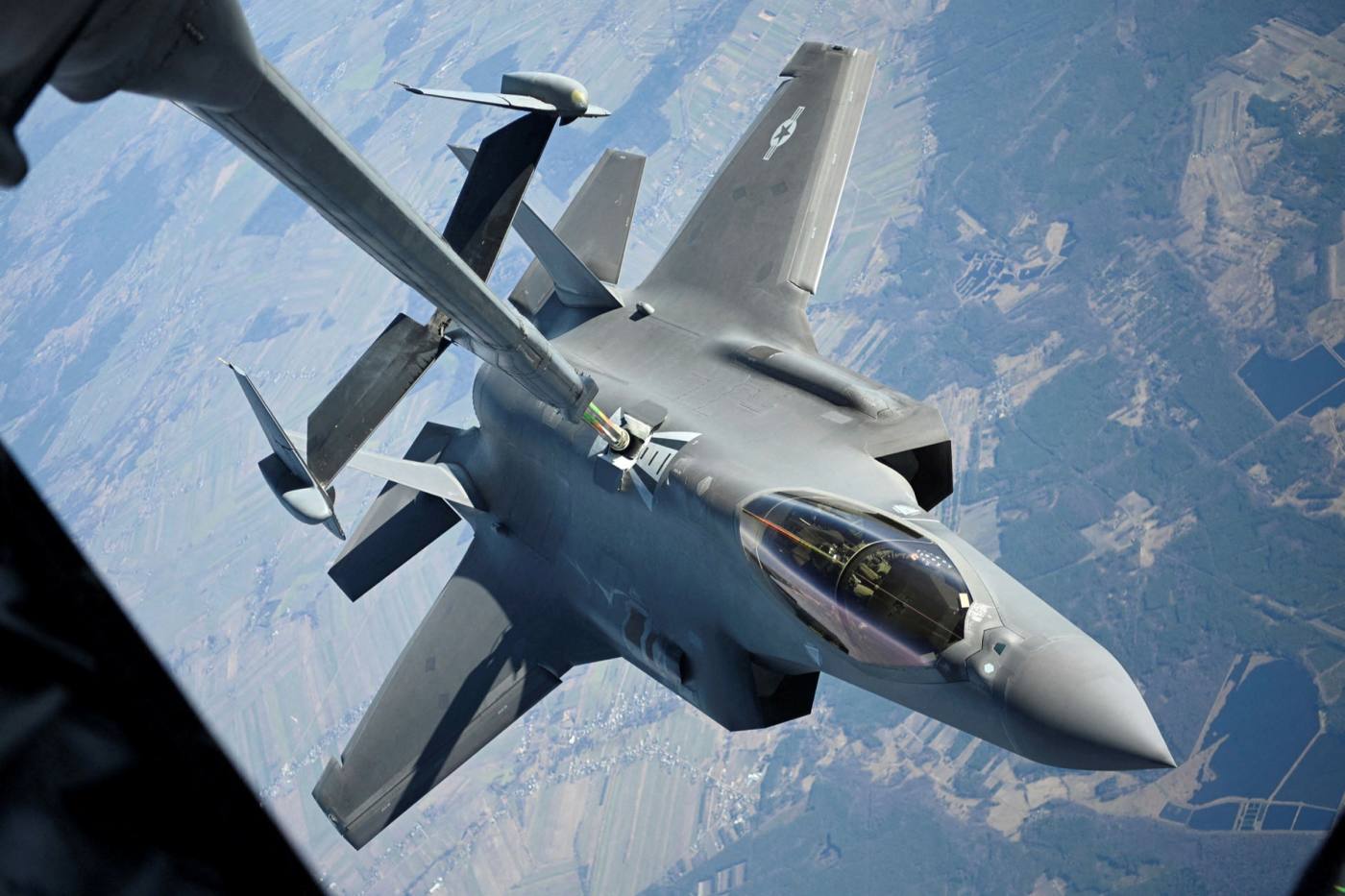

Still, it remains unclear whether the rush of new policy announcements will become a reality. Kajsa Ollongren, the Dutch minister of defence, admits similar pledges have been made before, only to fail. This time, however, she believes the reality of combat in Europe will help to force the issue. “In the past . . . people have been saying this in the context of [defence] budget cuts. And now we are saying it in the context of budget increases,” she says. “That’s a big engine for us to use.”
不過,目前還不清楚匆忙宣佈的新政策是否會成爲現實。荷蘭國防部長卡伊薩•奧朗格倫(Kajsa Ollongren)承認,以前也曾做出過類似的承諾,但都以失敗告終。然而,這一次,她相信歐洲的戰爭現實將有助於推動這一問題。「過去……人們是在(國防)預算削減的背景下這樣說的。現在我們是在預算增加的情況下說這句話的。這對我們來說是一個很大的引擎。」
Europe’s plans may yet be hampered by some harsh realities. A portion of the recently announced budget increases will have to be spent on boosting the salaries of armed forces and replenishing stockpiles of weapons that have been depleted in the effort to help Ukraine, before new hardware can be considered.
歐洲的計劃可能還受到一些嚴酷現實的阻礙。最近宣佈的預算成長的一部分必須用於提高武裝部隊的工資,補充爲幫助烏克蘭而消耗掉的武器儲備,然後才能考慮新的硬體。
Then there is the ever-present siren call of US equipment. Germany’s first big purchase after announcing it would launch a €100bn military modernisation fund was the American-made F-35 fighter jet, capable of carrying nuclear weapons. Some European industry executives worry that a large part of the extra money will not be spent at home.
此外,美國裝備一直佔據主導地位。在宣佈將啓動1000億歐元軍事現代化基金後,德國的第一筆大宗採購是能夠攜帶核武器的美製F-35戰鬥機。一些歐洲行業高階主管擔心,大部分增加的資金不會花在國內。
“I see an inherent risk that we focus too much on satisfying short-term demands by predominantly buying non-European off-the-shelf equipment,” says Michael Schoellhorn, chief executive of Airbus Defence and Space.
空巴防務航天公司首席執行長邁克爾•舍爾霍恩(Michael Schoellhorn)表示:「我看到了一種內在風險,即我們過於專注於滿足短期需求,主要購買非歐洲的現成設備。」
To do so, he warns, would be to undermine Europe’s “long-term technological excellence”, which could create “additional dependencies” in the future and potentially “result in a weakening of its defence [industry] and thereby be detrimental for European integration as a whole”.
他警告稱,這樣做將損害歐洲的「長期技術優勢」,這可能在未來造成「額外依賴」,並可能「導致其國防(工業)削弱,從而不利於歐洲的整體一體化」。
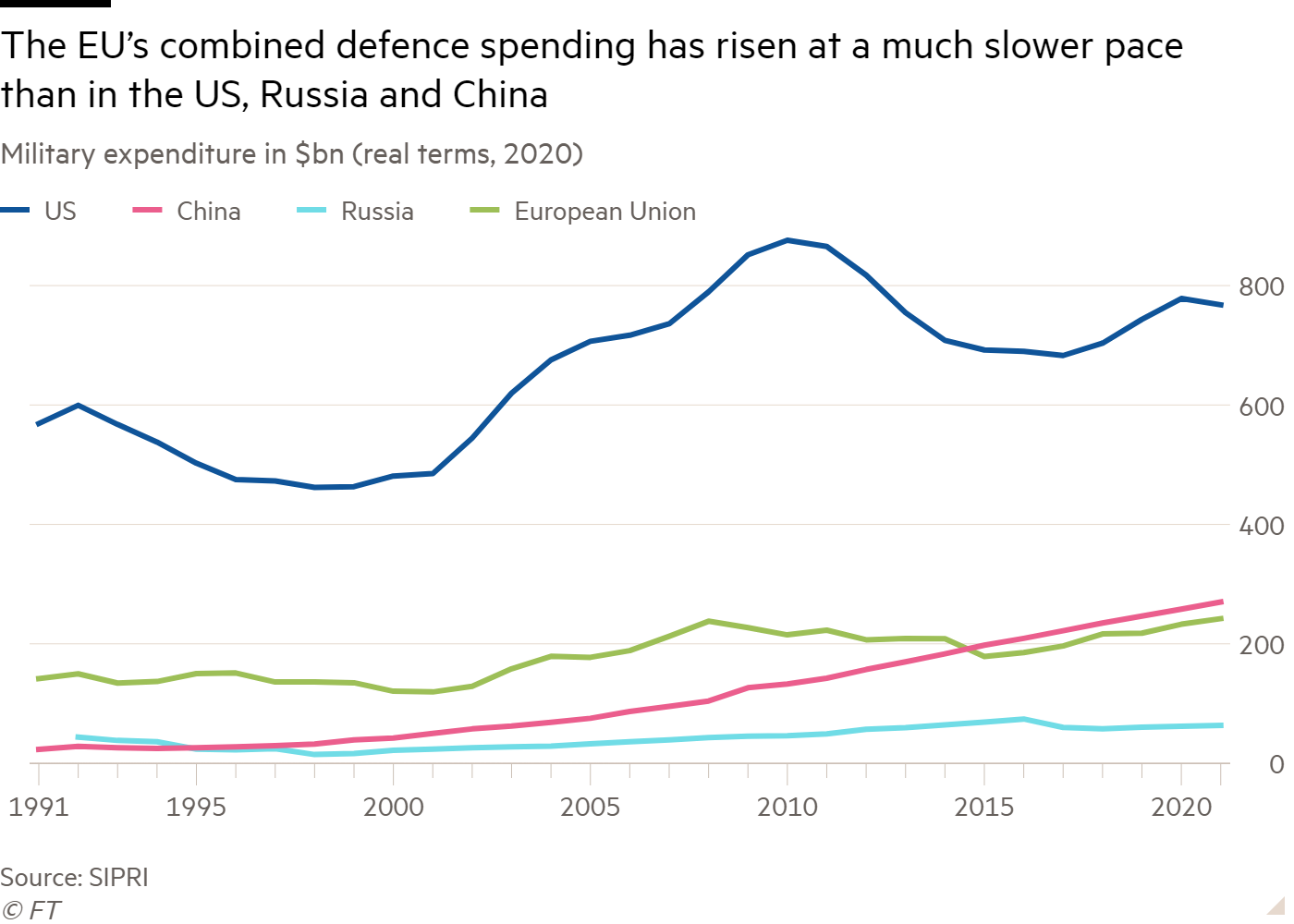
“We need to spend better and to spend more,” says Alessandro Profumo, president of ASD, the European industry’s trade association, and chief executive of Italy’s defence champion, Leonardo. To achieve that, he adds, there needs to be closer co-ordination at EU level on procurement: “We must have this integration process. It won’t be fast, but it has to happen.”
歐洲工業貿易協會ASD主席亞歷山德羅•普羅富莫(Alessandro Profumo)說:「我們需要花得更好,花得更多。」普羅富莫是義大利國防冠軍企業萊昂納多(Leonardo)的首席執行長。他補充稱,要實現這一目標,歐盟層面需要在採購方面加強協調:「我們必須有這樣的一體化進程。這不會很快,但它必須發生。」
Replenish, replace, rebuild
補充、更換、重建
Inside a boxy grey building on an industrial estate in east Belfast in Northern Ireland, engineers are busy working on a weapon that has become one of the symbols of Ukraine’s pugnacious resistance to the Russian advance: a shoulder-mounted rocket launcher called the Next Generation Light Anti-tank Weapon, or NLAW.
在北愛爾蘭貝爾法斯特東部一個工業區的一棟四四方方的灰色建築裏,工程師們正忙著研製一種武器:一種肩扛式火箭筒,名爲「下一代輕型反坦克武器」(NLAW),它已成爲烏克蘭對抗俄羅斯進攻的象徵之一。
Designed by Sweden’s defence champion, Saab, and assembled by the UK subsidiary of French group Thales, the NLAW has been shipped in its thousands to the Ukrainian frontline. Its success is one of the most visible examples of how the war could boost the European defence industry, but so far all the NLAWs sent to Ukraine by the UK have come from government stockpiles, rather than new orders.
NLAW由瑞典國防巨擘薩博(Saab)設計,法國泰雷茲集團(Thales)的英國子公司組裝,已有數千架NLAW運往烏克蘭前線。它的成功是這場戰爭如何促進歐洲國防工業的最明顯例子之一,但迄今爲止,英國運往烏克蘭的所有NLAW都來自政府庫存,而不是新訂單。
Since Russia’s full-blown invasion of Ukraine began in February, EU member states have announced defence spending increases worth about €200bn. But officials point out that the rise follows years of cuts and underspending. Between 1999 and 2021, the bloc’s combined spending on defence rose just 20 per cent, compared with 66 per cent by the US, 292 per cent by Russia and 592 per cent by China.
自今年2月俄羅斯全面入侵烏克蘭以來,歐盟成員國已宣佈增加約2000億歐元的國防開支。但官員們指出,這一成長是多年來削減開支和支出不足的結果。在1999年至2021年期間,歐盟的國防支出總額僅成長了20%,相比之下,美國成長了66%,俄羅斯成長了292%,中國成長了592%。
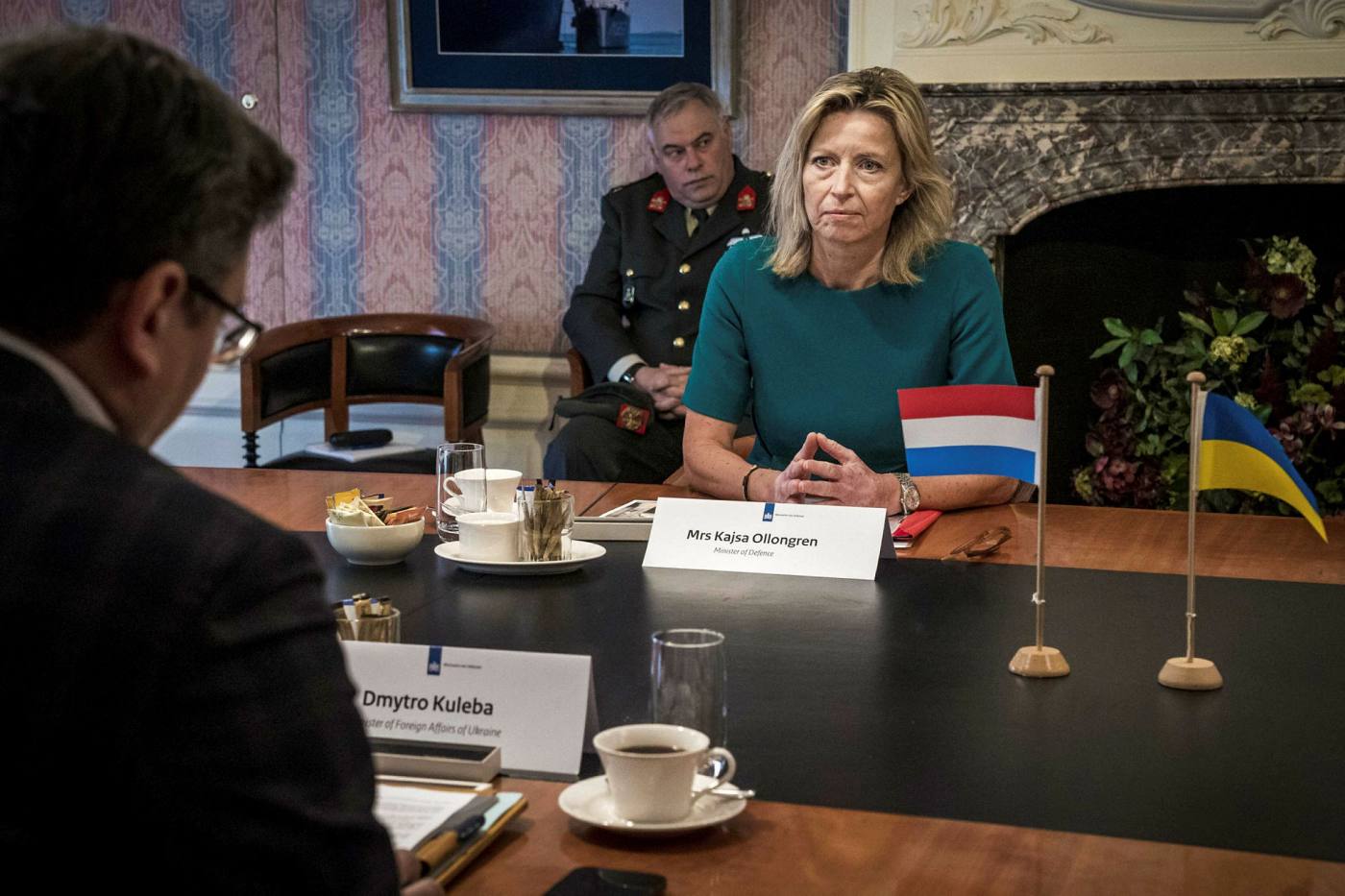

The war has also exposed Europe’s general lack of preparedness as countries scrambled to find hundreds of tanks, multiple rocket launch systems and artillery from national stockpiles to help deter the Russian advance. Those stockpiles are now running low.
這場戰爭還暴露出歐洲普遍缺乏準備,各國爭相從國家儲備中尋找數百輛坦克、多管火箭發射系統和火炮,以幫助遏制俄羅斯的推進。這些儲備現在正在減少。
The bloc’s industrial challenge, according to Bastian Giegerich, director of defence and military analysis at the International Institute for Strategic Studies, is threefold: to replenish stockpiles run down over the past two decades; replace obsolete Cold War-era equipment that is being flushed out by the war in Ukraine; and rebuild and innovate for new capabilities.
國際戰略研究所(International Institute for Strategic Studies)國防與軍事分析主任巴斯蒂安•吉格里希(Bastian Giegerich)表示,歐盟在工業方面面臨三重挑戰:補充過去20年耗盡的庫存;更換因烏克蘭戰爭而被淘汰的冷戰時期的陳舊設備;重建和創新以獲得新的能力。
“The industrial challenge will be to do the replenish, the replace and the rebuild all at the same time,” he says. “I think that makes it quite challenging.”
他表示:「工業介面臨的挑戰將是同時進行補充、更換和重建工作。我認爲這讓它變得非常具有挑戰性。」
There is an added political challenge: defence has in the past been regarded as the sovereign preserve of individual member states, not to be lightly surrendered to Brussels. The EU has been trying to develop its capacity for independent military action and strategic autonomy since the launch of its common security and defence policy in the late 1990s. But progress has been slow.
另外還有一個政治挑戰:過去,防務一直被視爲單個成員國的主權領地,不能輕易交給布魯塞爾。歐盟自上世紀90年代末推出共同安全和防務政策以來,一直在努力發展自主軍事行動和戰略自主能力。但進展一直很緩慢。
The bloc’s defence industry is still a mix of large international prime contractors and nationally-focused companies, as well as hundreds of small and medium-sized businesses. There is greater fragmentation in the land and naval defence sectors compared with aerospace, where there have been more attempts at multinational co-operation, driven in part by high R&D and acquisition costs.
歐盟的國防工業仍由大型國際主承包商、以本國爲重點的公司,以及數百家中小企業組成。與航空航天業相比,陸軍和海軍防務部門更加分散,而航空航天業則有更多跨國合作的嘗試,部分原因是研發和採購成本高。
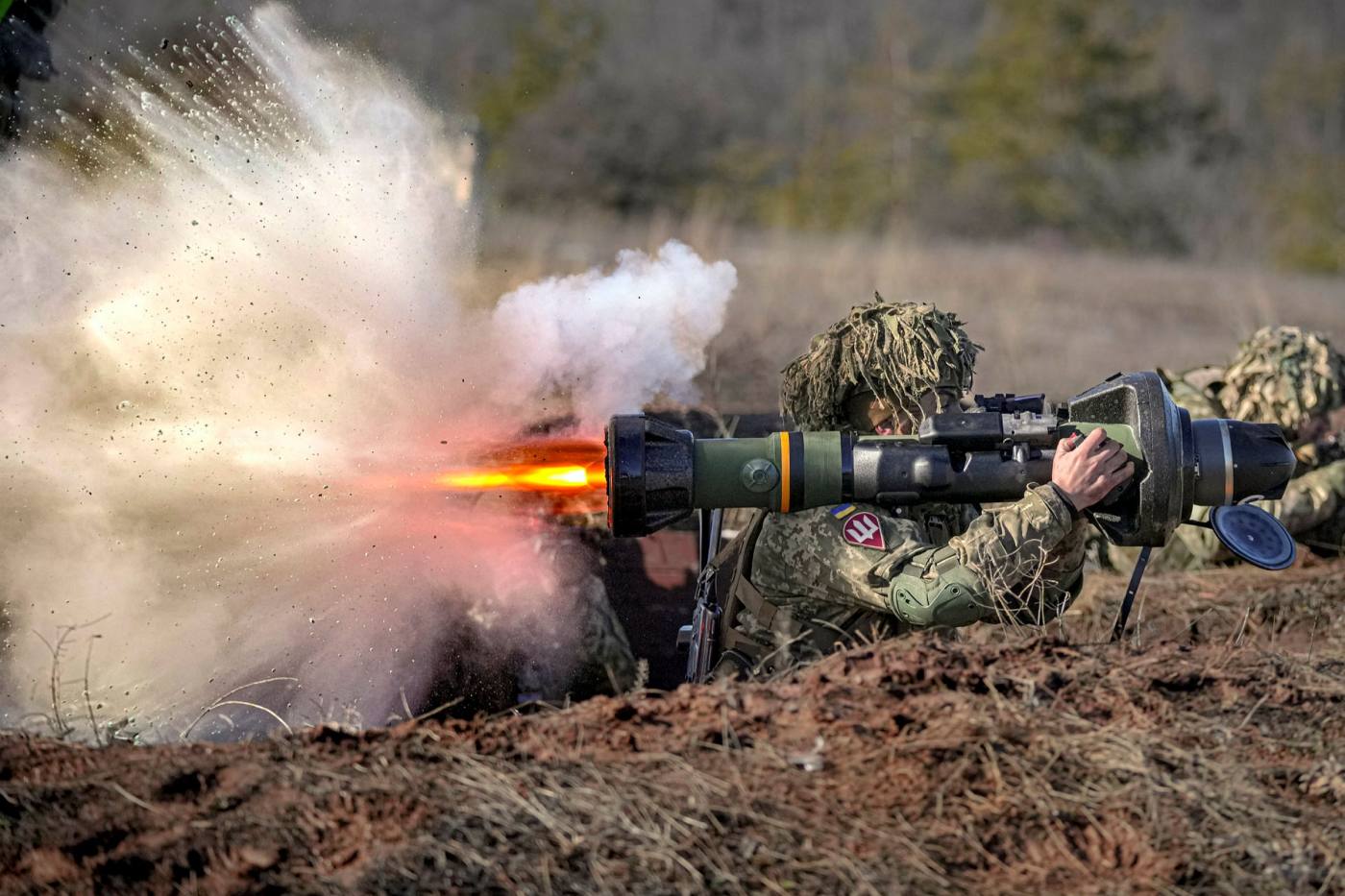

But even in aerospace the record is patchy, says Douglas Barrie, senior fellow for military aerospace at IISS, and “the successes have often courted failure”. He notes, for example, that even the successful Tornado and Eurofighter pan-European fighter programmes at “various points threatened to unravel”.
但即便是在航空航天領域,這一記錄也參差不齊,IISS軍事航空航天高級研究員道格拉斯•巴里(Douglas Barrie)表示,「成功往往伴隨著失敗」。例如,他指出,即使是成功的「龍捲風」(Tornado)和「歐洲戰鬥機」(Eurofighter)泛歐洲戰鬥機項目,在「各個方面都有解體的危險」。
European nations are currently pursuing two separate next-generation combat aircraft projects which target similar requirements: Tempest, led by the UK with Sweden and Italy, and the Future Combat Air System, involving France, Germany and Spain.
歐洲國家目前正在追求兩個獨立的下一代戰鬥機項目,以滿足類似的需求:由英國與瑞典和義大利領導的「暴風雨」(Tempest),以及由法國、德國和西班牙參與的「未來作戰空中系統」。
The poor record on co-operation is borne out by spending. In 2020, just 11 per cent of EU defence budgets were spent on collaborative projects — well below the 35 per cent target set by Brussels’ own European Defence Agency. The picture is the same in research and technology spending: in 2020 just 6 per cent was spent in collaboration with other member states, the lowest level since data collection began in 2005 — and well short of their 20 per cent target.
在合作方面的糟糕記錄在開支上得到了證實。2020年,只有11%的歐盟國防預算用於合作項目,遠低於布魯塞爾自己的歐洲防衛局設定的35%的目標。研究和技術支出方面的情況也是如此:2020年,與其他成員國合作的支出僅佔6%,這是自2005年開始收集數據以來的最低水準,遠低於它們20%的目標。
Between them, the bloc’s militaries operated 17 different main battle tanks compared to just one for the US, according to 2017 data published by the European Commission. The EU data, however, included variants and Cold War-era models, as well as the UK’s Challenger system. There were 29 different naval frigates or destroyers, compared with just four different types in the US.
歐盟委員會(European Commission) 2017年發佈的數據顯示,歐盟軍隊使用了17種不同的主戰坦克,而美國只有一種。然而,歐盟的數據包括各種型號和冷戰時期的模型,以及英國的挑戰者系統。有29種不同的海軍護衛艦或驅逐艦,而美國只有四種不同類型。
“Of course we are going to do more procurement. But we want to do it jointly and think we should really focus on co-operation, co-ordination, standardisation,” says Ollongren.
奧朗格倫表示:「我們當然會進行更多的採購。但我們希望聯合起來,我們認爲,我們真的應該把重點放在合作、協調和標準化上。」
‘The orders will come’
「訂單會來的」
In March, the European Council endorsed the EU Strategic Compass on defence, which proposes creating a rapid deployment force in Europe as well as increasing funding. The same month, in Versailles, European leaders called for the commission to propose measures to strengthen Europe’s defence industrial base.
今年3月,歐洲理事會(European Council)批准了《歐盟防務戰略指南》(European Strategic Compass),該指南建議在歐洲建立一支快速部署部隊,並增加資金。同月,在凡爾賽宮,歐洲領導人呼籲歐盟委員會提出措施,以加強歐洲的國防工業基礎。
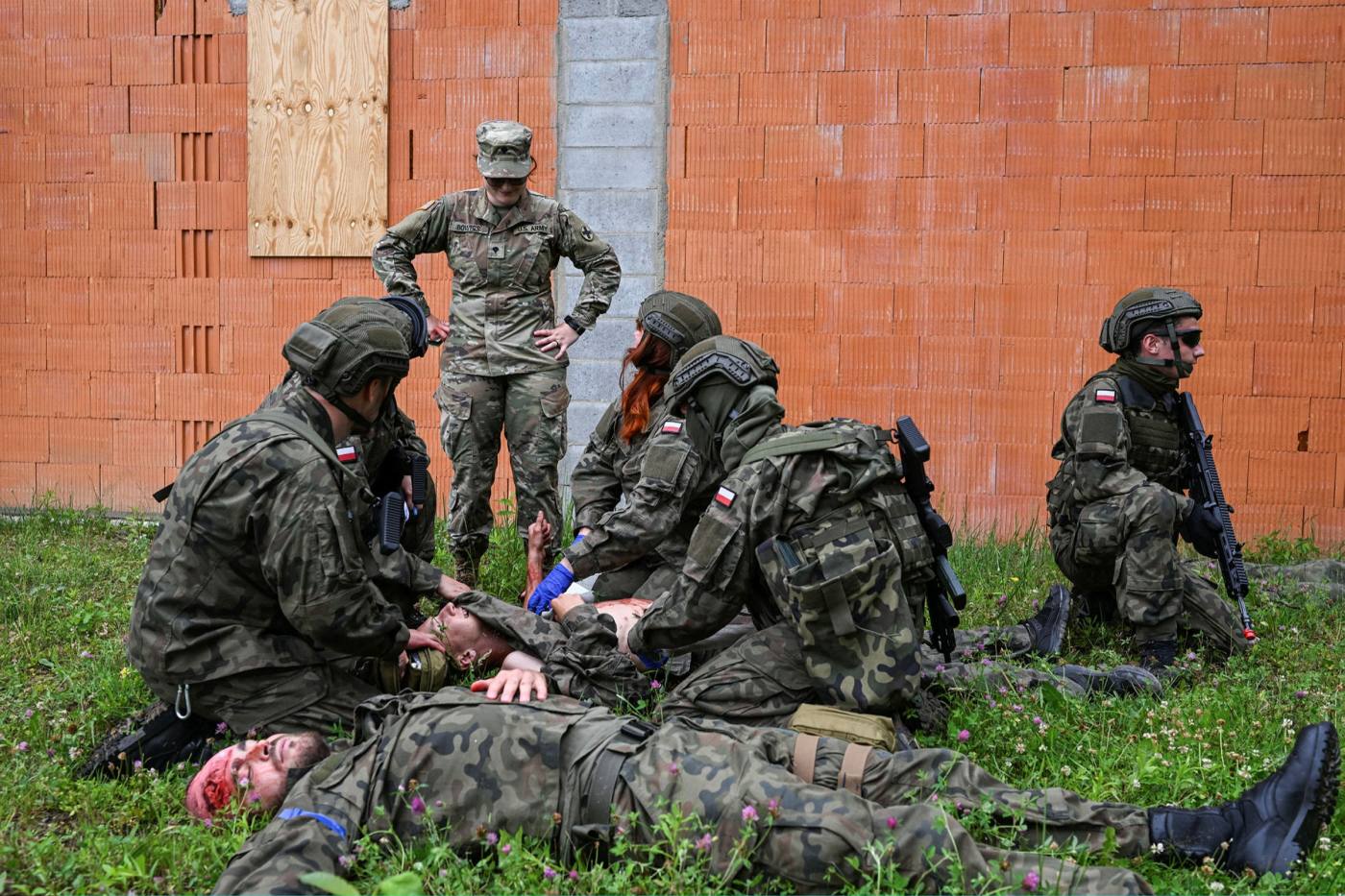

Under those plans, the EDA, which was set up in 2004 but has had a limited impact on national strategy so far, has been tasked with a series of new initiatives. These include more money for the European Defence Fund and the creation of a “procurement task force” to focus on short-term needs.
根據這些計劃,2004年成立但迄今對國家戰略影響有限的EDA被賦予了一系列新舉措的任務。其中包括爲歐洲防務基金(European Defence Fund)提供更多資金,以及成立一個「採購工作組」,以關注短期需求。
In the medium-term, priorities include the modernisation of Europe’s air defences and expanding drone, cyber and space capabilities. Another target is the development of a new battle tank, the MGCS tanks project, to replace Germany’s Leopard and France’s Leclerc. Waiving value added tax on defence equipment produced in Europe has also been suggested.
中期而言,重點包括歐洲防空系統的現代化,以及擴大無人機、網路和太空能力。另一個目標是開發一種新的作戰坦克,即MGCS坦克項目,以取代德國的豹式坦克和法國的勒克萊爾。也有人建議免除在歐洲生產的國防設備的增值稅。
There is now a “huge opportunity to use this big increase in defence spending to overhaul the EU’s defence capabilities — and for the first time do it in a joined up way, where countries stop this silly inefficient thing of ignoring the benefits of joined-up purchases”, says one senior EU official.
歐盟一名高級官員表示,現在「有一個巨大的機會,可以利用國防開支的大幅增加來徹底改革歐盟的國防能力——而且這是首次以聯合方式來實現這一目標,各國將不再忽視聯合採購的好處,[忽視聯合採購是一種]愚蠢而低效的做法」。
Industry executives have welcomed the plans as evidence of a strategic shift. “The impact on . . . defence infrastructure is already more profound and global than many people realise,” says Charles Woodburn, CEO of BAE Systems. Jan Pie, the secretary-general of ASD, shares that hope: “The institutions have acted quickly and now it is up to the member states whether these ideas will fly or not.”
業內高階主管對這些計劃表示歡迎,認爲這是戰略轉變的證據。「對......國防基礎設施的影響已經比許多人意識到的要深遠和全球化。」BAE系統公司首席執行長查爾斯•伍德伯恩(Charles Woodburn)表示。ASD祕書長簡•派(Jan Pie)也抱有同樣的希望:「各機構已經迅速採取了行動,現在就看成員國的想法能否成功了。」
Leonardo’s Profumo cites the multibillion-euro project to deliver the bloc’s first unmanned drones in 2029 as an example of the kind of pan-European programme that will accelerate co-operation. “Eurodrone is taking off. I am sure that others will be there. Thanks to these [projects], the integration process will move forward,” he says.
萊昂納多的普羅富莫以在2029年交付歐盟首批無人機的數十億歐元項目爲例,說明了這類泛歐洲項目將加速合作。「歐洲無人機正在起飛。我相信其他人也會來的。多虧了這些(項目),整合過程將向前推進,」他表示。
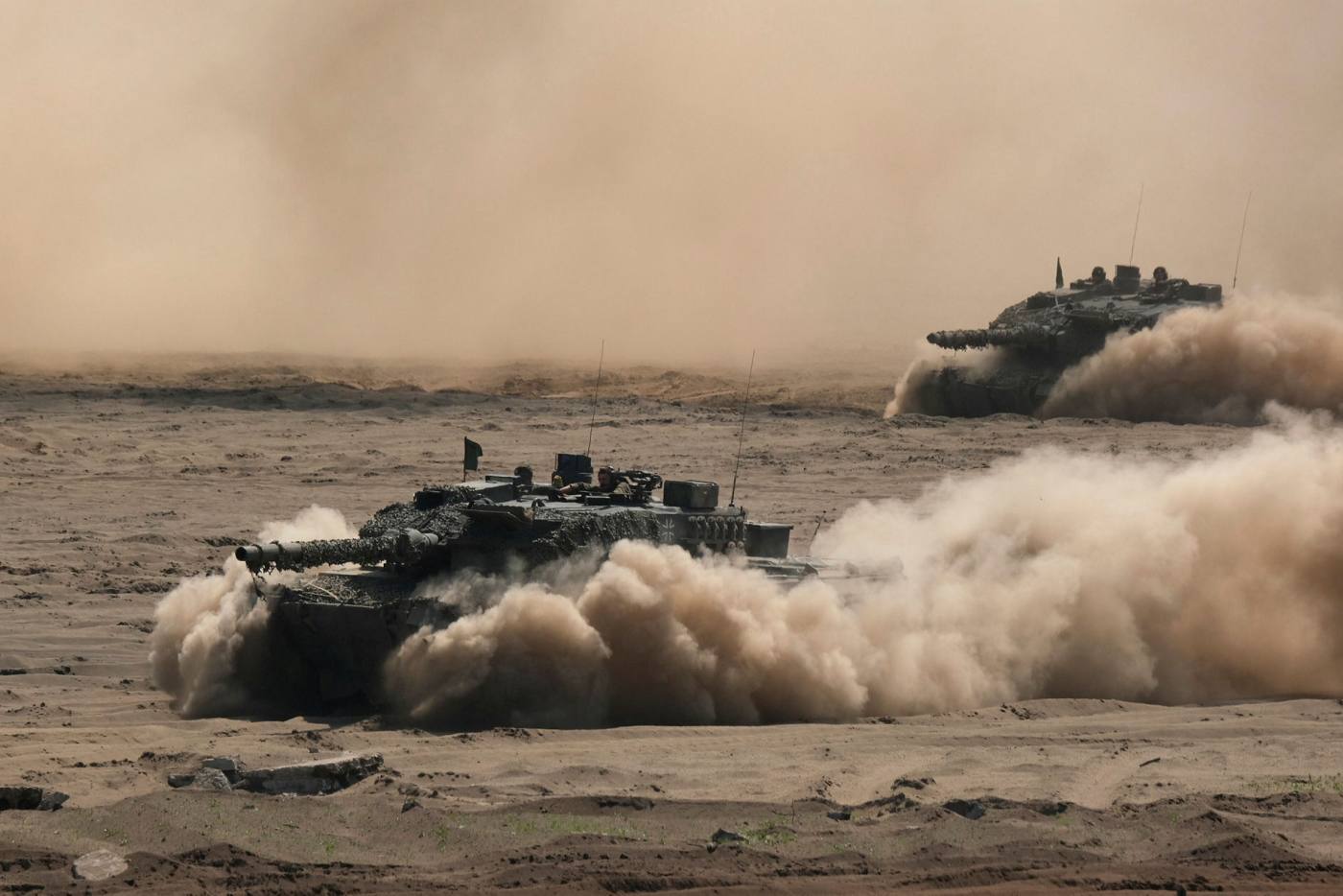

But Micael Johansson, chief executive of Saab, which produces Gripen fighter jets as well as multiple weapons systems and submarines, warned that the “tools or forums” to deliver on the commission’s plans still need to be set up. “It is a complicated process,” he adds, and it will take time before such initiatives lead to actual contracts for industry.
但生產「鷹獅」(Gripen)戰鬥機以及多種武器系統和潛艦的薩博首席執行長邁克爾•強森(Micael Johansson)警告稱,仍需建立實現歐盟委員會計劃的「工具或論壇。這是一個複雜的過程,」他補充說,在這些舉措產生實際的工業合同之前,還需要一段時間。
In the past, divisions over IP ownership and workshare between companies have bedevilled large pan-European programmes. “How intellectual property rights are distributed is the biggest challenge,” says Armin Papperger, chief executive of Germany’s Rheinmetall.
過去,企業之間關於智慧財產所有權和工作分成的分歧一直困擾著大型泛歐項目。「智慧財產如何分配是最大的挑戰,」德國萊茵金屬(Rheinmetall)首席執行長阿明•帕珀傑(Armin Papperger)表示。
The case of the Franco-German-Spanish Future Combat Air System is a study in how difficult it is to bridge industrial divisions. Battles between Airbus and Dassault over technology sharing and who should lead critical parts of the programme have beset the project since its launch.
法國-德國-西班牙未來空中作戰系統,說明了在工業部門之間建立橋樑的困難之大。自項目啓動以來,空巴和達索公司就技術共享,以及由誰來主導項目關鍵部分的鬥爭,一直困擾著該項目。
Yet ASD’s Pie insists that programme should not be seen as a cautionary tale about how EU co-operation cannot work. “This is an example of the most highly technological and political and expensive project being developed,” he says. “When we think of overall procurement in Europe, we need to realise there are multiple examples of high-volume products that could be jointly procured rather than . . . at a national level.”
然而,ASD的派堅持認爲,該項目不應被視爲歐盟合作無法奏效的警示故事。他表示:「這是一個正在開發的最具技術性、政治性和昂貴項目的例子。當我們考慮歐洲的整體採購時,我們需要認識到,有多個例子可以共同採購大量產品,而不是……在國家層面上。」
Wartime financing
戰時融資
One significant hurdle for the defence industry in recent years has been access to finance, as banks and fund managers have bought into the trend for socially responsible investing. Executives had begun to worry that the sector was in danger of becoming viewed as uninvestable by funds keen to burnish their environmental, social and governance credentials.
近年來,國防工業面臨的一個重大障礙是融資管道,因爲銀行和基金管理公司已經開始接受社會責任投資的趨勢。高階主管們已開始擔心,該行業可能會被熱衷於提升自身環境、社會和治理資質的基金視爲不可投資的行業。
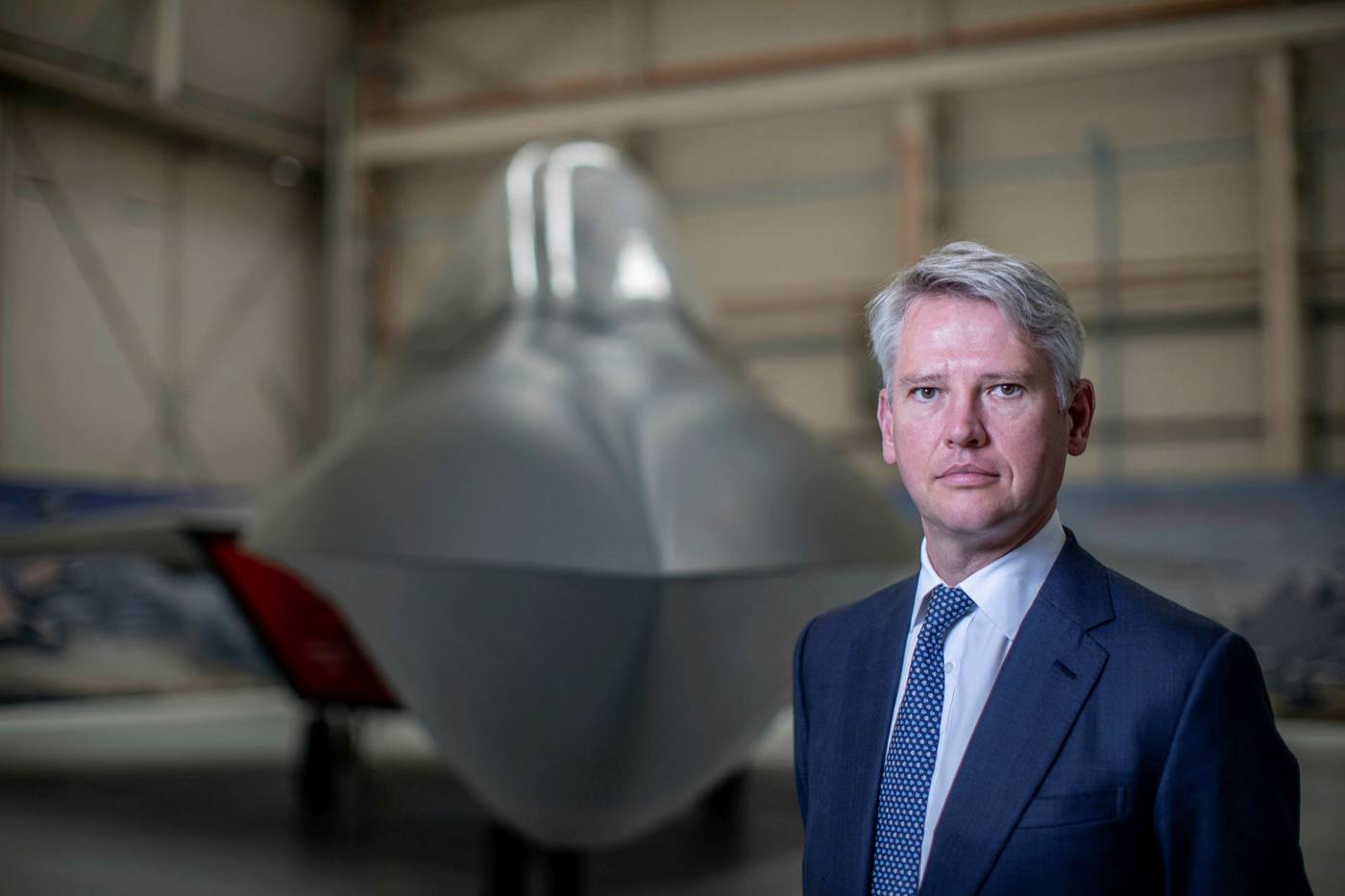

But the war has changed the mood music for some investors — if not all. Sweden’s SEB bank, which before the conflict had put in place a blanket ban on investing in any company deriving more than 5 per cent of its revenue from the “development, production and service of weapons comprising combat equipment, or certain other military equipment”, performed a U-turn in the spring. Six of its funds are now allowed to invest in the defence sector.
但這場戰爭改變了一些投資者的情緒——如果不是全部的話。瑞典的SEB銀行在衝突前曾全面禁止投資於任何超過5%收入來自「開發、生產和服務由戰鬥設備組成的武器或某些其他軍事設備」的公司,該銀行在春季進行了轉折。它的六個基金現在被允許投資於國防部門。
Debates about a rethink of exclusion criteria for defence companies are also taking place at some of Germany’s state and private banks. LBBW, one of the country’s public sector banks, told the Financial Times that in view of “current developments” it had adjusted its guidelines on arms and weapons transactions.
德國一些國有和私人銀行,也在就重新考慮國防企業的排除標準展開辯論。該國公共部門銀行之一LBBW向英國《金融時報》表示,鑑於「目前的事態發展」,它已調整了軍火和武器交易的指導方針。
The bank may now participate in the “financing and securing of exports of war weapons and armaments”, LBBW said, if Germany’s export control office has approved delivery to the “supplied state and the state is not on the list of excluded arms and war weapons export countries”.
LBBW表示,如果德國出口管制辦公室已批准向「被供應國家交付,且該國不在被排除的武器和戰爭武器出口國名單上」,該銀行現在可以進行「戰爭武器和軍備出口的融資和擔保」。
BAE’s Woodburn reckons that “from an investor perspective, Europe has moved pretty quickly”. He warns, though, that “one of the more challenging markets is still the UK, where fund mandates haven’t changed”.
BAE的伍德伯恩認爲,「從投資者的角度來看,歐洲的發展相當迅速」。不過,他警告稱,「英國仍是更具挑戰性的市場之一,那裏的基金的原則沒有改變」。
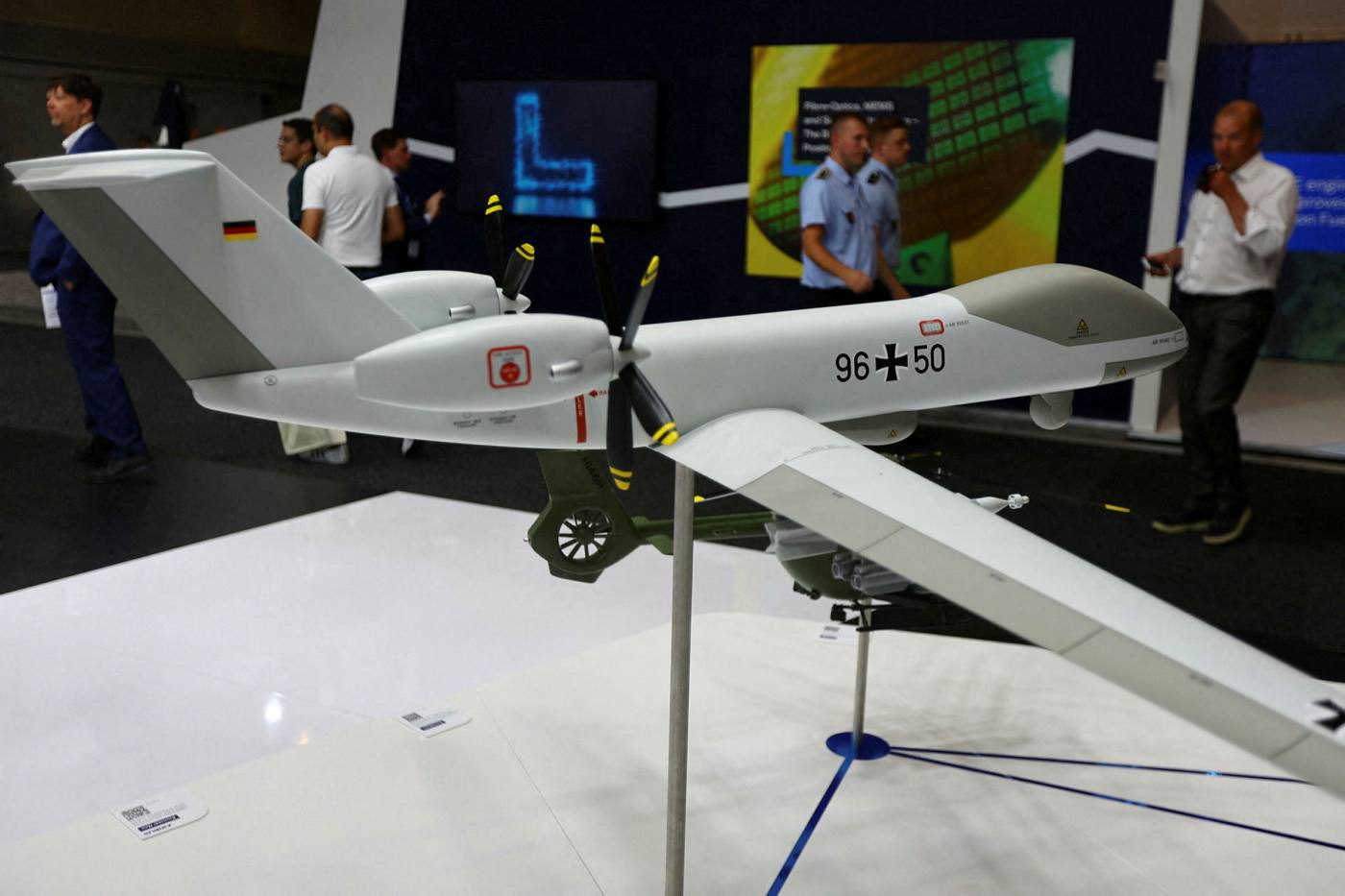

A final challenge, according to Airbus’s Schoellhorn, who is also president of Germany’s aerospace industries association, BDLI, is that of defence exports. “It’s important that Germany seeks a European solution together with its partners, instead of pursuing a purely national approach,” he says.
空巴公司的舍爾霍恩同時也是德國航空工業協會BDLI的主席,他認爲最後的挑戰是國防出口。他表示:「重要的是,德國應該與其夥伴一起尋求一種歐洲解決方案,而不是追求純粹的國家方案。」
This is as important for running programmes like Eurofighter Typhoon (a multinational fighter jet) as for future large European projects, he adds. A lack of consensus in Europe on arms exports has, in the past, complicated countries’ key trading relationships.
他補充稱,這對運營「歐洲戰鬥機颱風」(Eurofighter Typhoon,一種跨國戰鬥機)等項目和未來歐洲大型項目同樣重要。過去,歐洲在武器出口問題上缺乏共識,使各國的關鍵貿易關係複雜化。
Officials say co-operation between Nato and the EU, two Brussels-based multinational organisations that are headquartered just 5km apart but were far from working in lockstep before the onset of war in Ukraine, is critical for any of the planned initiatives to work.
官員們表示,北約和歐盟之間的合作,對於任何計劃中的倡議發揮作用都至關重要。這兩個總部位於布魯塞爾的跨國組織的總部相距僅5公里,但在烏克蘭戰爭爆發前,它們的工作遠未步調一致。
Nato officials, who represent almost all the continent’s militaries, say that even ramped-up European defence spending will not achieve its goals if the EU does not force its member states to streamline procurement and swap inefficient national goals for pan-European ones.
代表歐洲大陸幾乎所有軍隊的北約官員表示,如果歐盟不強迫其成員國簡化採購流程,並將低效的國家目標換成泛歐洲目標,那麼即便是歐洲國防支出的成長也無法實現其目標。
“We can demand higher and higher defence spending all we like,” says one senior Nato official, “but if that lot [the EU leadership] can’t coerce them into spending it properly, it’s not going to make a massive difference.”
一位北約高級官員表示:「我們可以隨心所欲地要求越來越高的國防支出,但如果那些人(歐盟領導層)不能迫使他們合理支出,那就不會產生重大影響。」
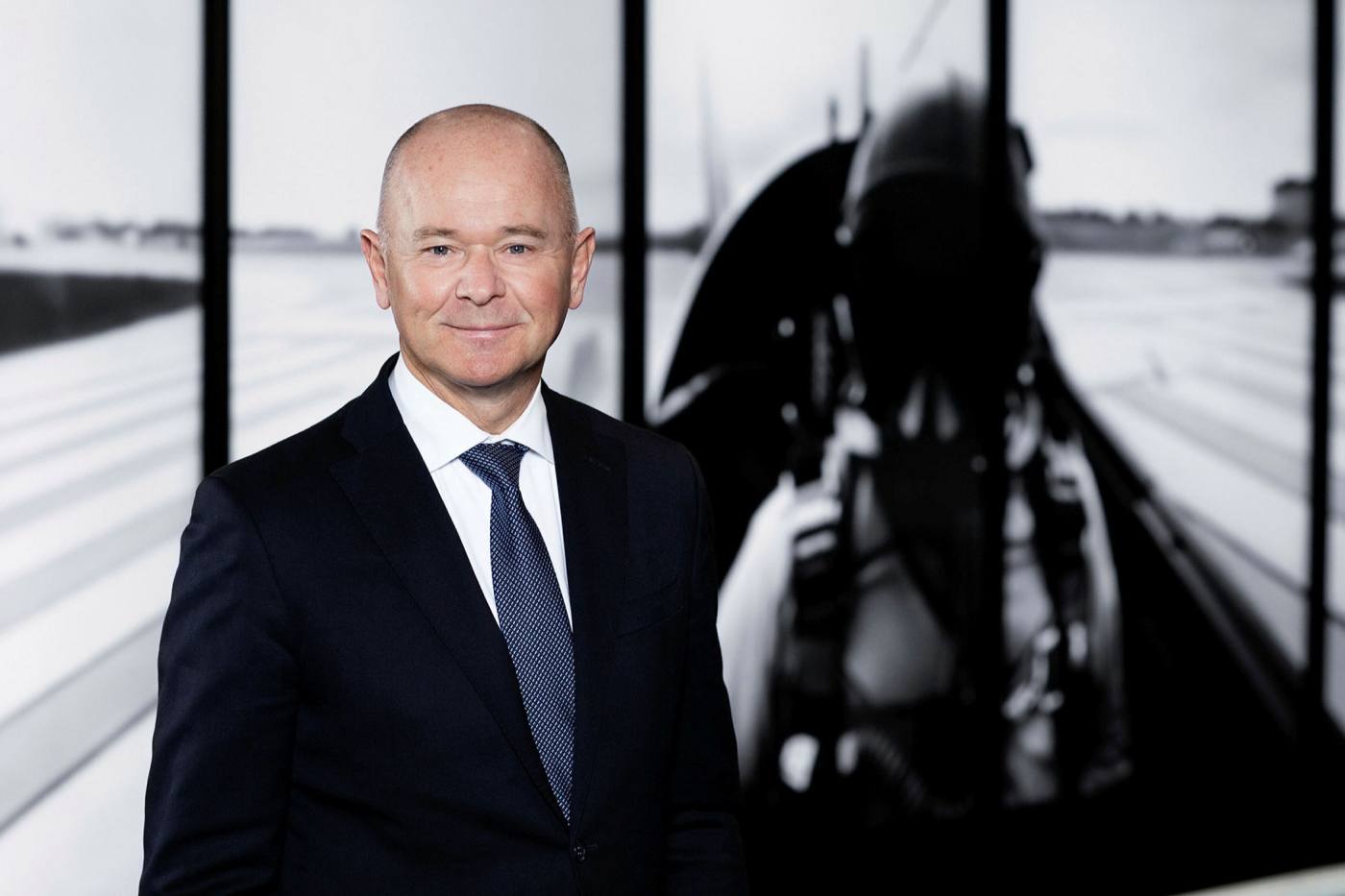

Meanwhile, Europe should be careful to make sure that a greater focus on its own capabilities does not signal to the US that its companies are no longer welcome on this side of the Atlantic, says Saab’s Johansson. “The transatlantic link is extremely important,” he says. To suggest otherwise or to signal that Europe’s borders are closed to outsiders “would not be good for the competitiveness of the industry going forward,” he adds.
與此同時,薩博的強森表示,歐洲應謹慎行事,確保對自身能力的更大關注不會向美國發出這樣的信號:美國企業在大西洋這一邊不再受歡迎。他說:「跨大西洋連接極其重要。」他補充說,如果提出相反的建議,或者發出歐洲邊境對外人關閉的信號,「將不利於該行業未來的競爭力」。
Finland and Sweden’s recent move to join Nato has boosted hopes of more collaboration. If the two Nordic countries become full members, just four EU states — Austria, Cyprus, Ireland and Malta — will remain outside the US-led military alliance.
芬蘭和瑞典最近加入北約的舉動,增強了雙方加強合作的希望。如果這兩個北歐國家成爲正式成員國,那麼只有四個歐盟國家——奧地利、塞普勒斯、愛爾蘭和馬爾他——將留在美國領導的軍事同盟之外。
Josep Borrell, the EU’s foreign, defence and security chief, is clear about the importance of this moment of renewed unity: “It is crucial that member states invest better together to prevent further fragmentation and address existing shortfalls,” he says. “If we want modern and interoperable European armed forces, we need to act now.”
歐盟外交、國防和安全事務負責人約瑟夫•博雷爾(Josep Borrell)清楚地認識到這一重新團結的時刻的重要性:「至關重要的是,成員國要更好地共同投資,以防止進一步分裂,並解決現有的不足,」他表示。「如果我們想要現代化和可互操作的歐洲武裝力量,我們需要現在就行動。」